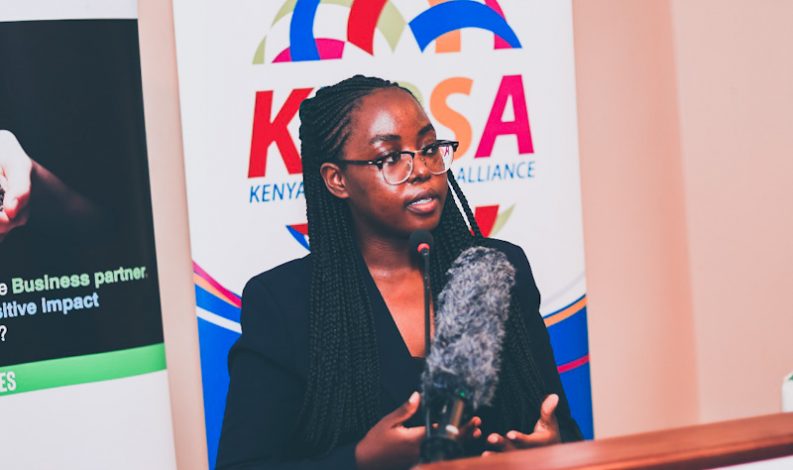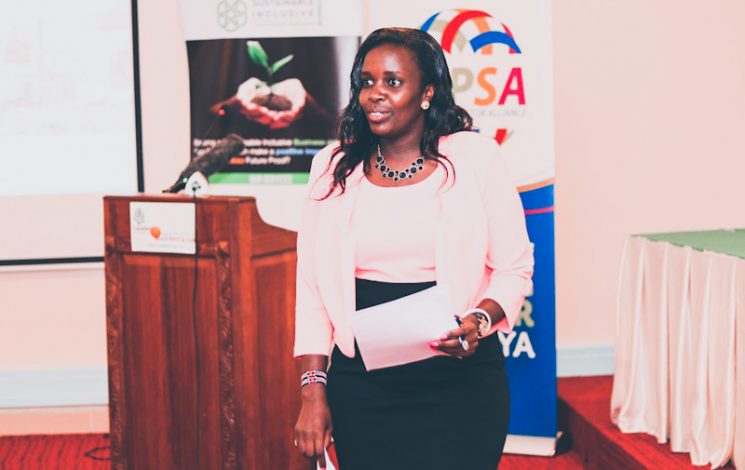The Kenya Private Sector Alliance (Kepsa) Foundation has launched an innovative and comprehensive project that will support youth and women in Mombasa to gain business skills.
Dubbed ‘Creating Opportunities and Alleviating Poverty Through Sustainable Trade (Coast)’, the project will focus on the Tudor informal settlement, aiming to create awareness on waste management and increased residents’ capacity to develop business cases through mentorship.
Mombasa County CEC Environment Dr. Nato Godfrey lauded the initiative noting that “Such inclusive business ventures will go a long way in improving the living conditions of the low-income earners in Tudor. The county government of Mombasa is pleased to render the necessary linkages and support needed throughout the project, such as including the beneficiaries of the project into existing value chains.”
Over 42 percent of Mombasa County’s population are youth aged between 15-34 years.
Most importantly, is the choice of solid waste management and the partnerships with local communities Innocent Mugabe – Chief Officer, Ministry of Gender, Youth, Sports, and Cultural Affairs, Mombasa County noted.
Mombasa county is one of the top trade and tourism hubs, contributing significantly to Kenya’s over Ksh 160 billion tourism industry. In 2019, the county attracted 128,222 global visits, out of the more than 2 million international visits to the country.
However, despite these palms, Mombasa has over 70 informal settlement areas accounting for approximately 65 percent of the county’s population.
Solid waste management in most of these areas has become a challenge, especially due to poor infrastructure which makes it difficult for garbage collectors to gain access.
High unemployment rates and poverty have resulted in an increased struggle for resources among residents at the bottom of the pyramid.
“We are excited about the COAST project, through which KEPSA will contribute to the achievement of Sustainable Development Goal (SDG) 1 on alleviating poverty; as well as Kenya’s vision 2030 on developing targeted pro-poor projects,” said KEPSA’s Deputy CEO, Martha Cheruto.
She added that “We have identified a waste challenge in one of the county’s informal settlements, and we will use this project to provide sustainable solutions that will not only lead to a cleaner environment but will also create employment opportunities among area residents.”

The six-months long Coast project under the PISCCA fund, which is supported by the French government, is anticipated to increase job creation opportunities by approximately three percent, and enhance skills in business management and financial literacy by five percent.
PISCCA is the French Embassy’s Fund for Innovative Projects for Civil Societies and Coalitions of Actors.
Marie Ashimwe, French Embassy Representative, said the project will bring about the economic impact in the informal settlement areas that will enable women and youth to take advantage of income-generating opportunities arising from sustainable waste management.
“ It aims at contributing to poverty alleviation efforts by supporting capacity building projects, and is apart from SDG 1, it is contributing to two other Sustainable Development Goals, SDG 5 on gender equality and SDG 11 on inclusive cities,” Ashimwe said.




